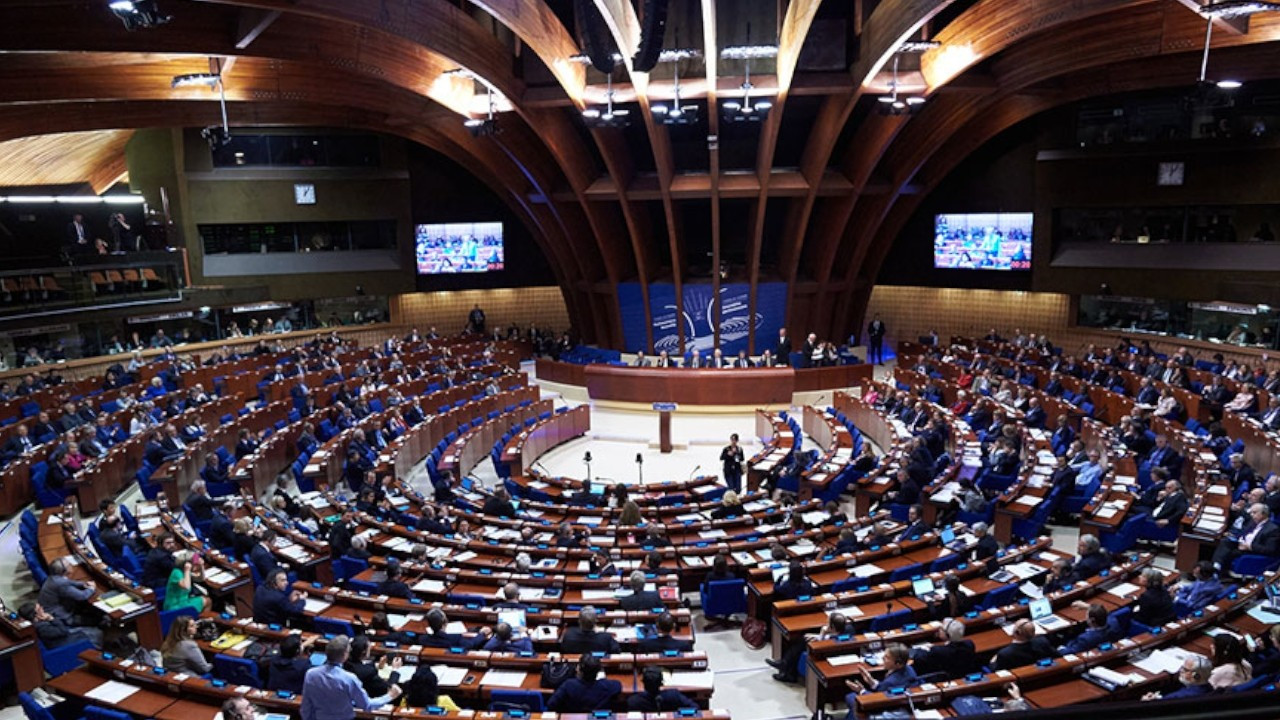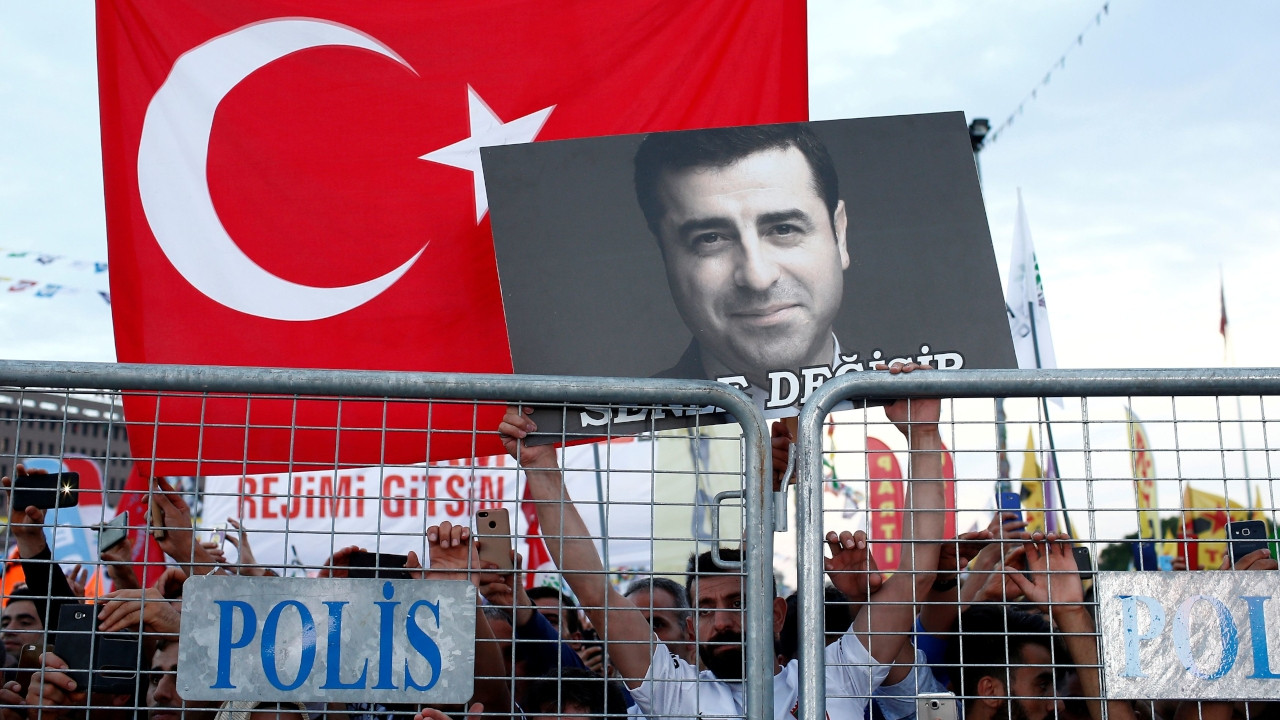PACE dubs imprisoned deputies 'political prisoners' in new ruling
The Parliamentary Assembly of the Council of Europe (PACE) on June 21 called for the release of jailed deputies in Turkey, saying "numerous politicians are incarcerated for statements they made in the exercise of their political mandates" in the country. In its newly adopted report titled "Should politicians be prosecuted for statements made in the exercise of their mandate?" the PACE included jailed politicians among "political prisoners."
Duvar English
The Parliamentary Assembly of the Council of Europe (PACE) passed a new decision that dubS imprisoned parliamentary deputies "political prisoners," Deutsche Welle Turkish reported on June 21.
The PACE on June 21 approved the report on freedom of expression and assembly titled "Should politicians be prosecuted for statements made in the exercise of their mandate?"
The report expresses its concern about the growing number of national, regional and local politicians prosecuted for statements made in the exercise of their mandate, in particular in Turkey and Spain.
The PACE ruling called for the immediate release of former Peoples' Democratic Party (HDP) co-chair Selahattin Demirtaş as ordered by a recent ruling of the European Court of Human Rights (ECHR), adding that systematic prosecution of Kurdish politicians should be avoided.
The report also urged Turkish politicians to steer clear of making statements that could be interpreted as orders to courts, and encouraged an environment of open discussion in the country.
The report was put to a vote at the end of the PACE session in Strasbourg on June 21 and passed with 70 votes in favor.
Members of Turkey's ruling Justice and Development Party (AKP), Nationalist Movement Party (MHP) and Good Party (İYİ) voted against the PACE decision, while members of the Turkish main opposition Republican People's Party (CHP) and pro-Kurdish Peoples' Democratic Party (HDP) voted in favor of the decision.
AKP deputy Ahmet Yıldız slammed the report for stating that politicians in Turkey have been imprisoned for merely defining residents of Turkey's southeastern region as "Kurds." Yıldız said that he had never heard of such a thing.
"Some [politicians in Turkey] stand accused or have even been convicted and handed long prison terms of on the basis of criminal provisions penalising links to and support for terrorist organisations for merely referring to the inhabitants of the south-eastern region of Turkey as 'Kurds', or to the region in question as the 'Kurdish region,'" the report says.
The Kurdish political movement in Turkey is possibly the most widely prosecuted, with courts prosecuting the mere use of the Kurdistan flag colors or the Kurdish language.
The Turkish government tries to present the main opposition CHP and pro-Kurdish HDP as collaborating with terrorist organizations, CHP deputy Ünal Çeviköz noted.
"Politicians should be prosecuted not for their statements but for the provocation of murder against specific races, ethnical backgrounds, religions and political views," Çeviköz said, referring to the murder of 20-year-old HDP member Deniz Poyraz on June 17.
The PACE decision condemned "acts of terrorism" by the Kurdistan Workers' Party (PKK), but noted that Turkish legislation on fighting terrorism was interpreted too broadly.
"[Politicians' prosecution following public statements] only goes to confirm the sense that judicial independence is lacking" in Turkey, the PACE report noted.
Numerous politicians have been imprisoned for their statements for years in Turkey, Latvian politician and the report's author Boriss Cilevics noted, adding that such incarcerations didn't occur in other parts of Europe.
Turkey is struggling with the enforcement of the rule of law, Greek politician Theodora "Dora" Bakoyanni said, while Icelandic politician Thorhildur Sunna Aevarsdottir said that Turkey should mimic the Spanish government's probation law for imprisoned Catalan politicians.

 PACE urges restoration of democracy in TurkeyHuman Rights
PACE urges restoration of democracy in TurkeyHuman Rights PACE rapporteurs urge Turkey to abide by ECHR ruling for Demirtaş's immediate releaseHuman Rights
PACE rapporteurs urge Turkey to abide by ECHR ruling for Demirtaş's immediate releaseHuman Rights